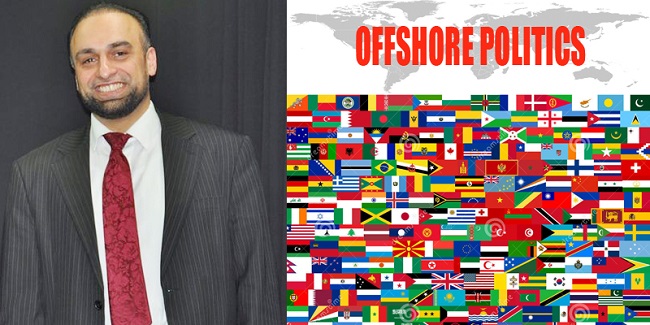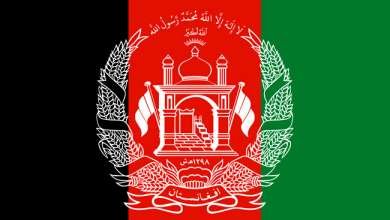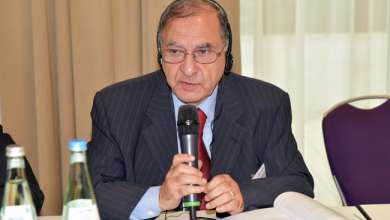The G20 TWG Meeting in Kashmir: The Camouflage of Oppression by the Normalcy Mantra

Written By: Mehr un Nisa
Under India’s presidency, the third meeting of the G20 tourism working group is slated to occur from May 21 to 23, 2023, in Indian Illegally occupied Jammu & Kashmir (IIoJK), which is recognized as a disputed territory by the United Nations. This decision has raised considerable concerns, given that IIoJK has been embroiled in political tensions and human rights violations for several decades.
India’s stated objective behind this move is to promote its “normalcy mantra” and showcase an image of stability and development in IIoJK. This move can be seen as a form of political signaling aimed at communicating India’s intentions to the international community. By hosting a high-profile international meeting in IIoJK, India seeks to demonstrate its control over the region and assert its sovereignty in the face of Pakistan’s claims.
The G20 summit is an annual meeting where the world’s leading economies come together. By 2027, the GDP of G20 nations is projected to make up 44.64% of the global GDP, showing a 2.2% increase from 2021. The decisions and policies made at the summit can have far-reaching consequences beyond their own borders, influencing the agenda of other international organizations such as the World Trade Organization (WTO) and the International Monetary Fund (IMF). The G20’s influence derives from its role as a forum for global economic cooperation and its members’ significant economic power.
However, India’s decision to host the third meeting of G20 TWG in IIoJK has sparked debate and condemnation from the international community. The cosmetic changes made to “Naya Kashmir”, a development plan initiated by the Indian government to promote economic development in the region, have failed to address the real concerns and grievances of the Kashmiri people.
Jammu and Kashmir has been illegally occupied and under military control by India since 1947, with over 900,000 troops stationed in the IIoJK perpetuating human rights violations and using excessive force against civilians. The Indian government’s attempt to project the situation as “normal” is an attempt to whitewash crimes against humanity and to deflect attention from the human rights abuses being committed there. The situation in IIoJK is marked by a high degree of human rights violations, including extrajudicial killings, disappearances, and violence against women. Since August 5th, 2019, more than 800 civilians have been killed following the abrogation of Article 370. Over 18,811 civilians have been arrested, and more than 2,354 people have been injured by the occupying forces.
In 2018, and 2019, the United Nations Office of the High Commissioner for Human Rights (OHCHR) released reports stating that there were credible reports of widespread and serious human rights violations in IIoJK, including excessive use of force, arbitrary detention, and torture. The hosting of such a high-profile international event in a region that is under lockdown and where there are restrictions on freedom of movement and expression is a cause for concern.
The lack of political representation and a transparent and accountable governance structure has left the Kashmiri people feeling marginalized and disempowered. By hosting the TWG meeting in a disputed territory, India is legitimizing its illegal occupation of IIoJK and sending a message that it is willing to flout international law and disregard the human rights of the region’s residents. The hosting of the third meeting of G20 TWG in IIoJK is a symbol of India’s growing global influence and its emergence as a major player in international politics and economics. However, it could also exacerbate the already volatile situation in the region and increase the risk of conflict between the two countries.
Indian opposition parties have also condemned and criticized the ruling Bharatiya Janata Party (BJP) for using the TWG meeting as a political tool to further its agenda of Hindu nationalism. Even in India, the move is seen as an attempt to shore up support in the upcoming state elections in IIoJK, where the BJP has faced significant opposition from separatist groups.
Furthermore, hosting the third meeting of G20 TWG in IIoJK could have wider implications for international relations, potentially seen as a violation of international norms and a challenge to the global order. This could lead to diplomatic backlash from other countries and damage India’s reputation on the global stage. The projection of a false image of normalcy in the region could have long-term geopolitical consequences given the strategic importance of the region, bordering China, Afghanistan, and Pakistan. Any instability in the region could potentially have far-reaching consequences for the entire region, including potential implications for global security and stability.
As a collective, the G20 has the power to influence India’s actions by exerting diplomatic pressure and supporting multilateral efforts to resolve the Kashmir conflict. Failure to hold India accountable could have serious consequences not only for the people of IIoJK but for regional and global stability as well. Therefore, it is essential for the G20 to prioritize this issue and work towards a peaceful and just resolution for all parties involved.
The writer, Mehr un Nisa, holds an MPhil in Peace and Conflict Studies from NDU and currently serves as Director of Research at Kashmir Institute of International Relations.
Disclaimer: The views and opinions expressed or referred to in this article do not necessarily represent those of WNTV or any of its staff or editors. WNTV’s aim is to provide, so far as possible, a platform for external contributors with limited editorial intervention . Accordingly, readers are asked to note that the publication of articles on this site is not in itself to be taken as WNTV’s endorsement of any reported third party position, policy or statement.




